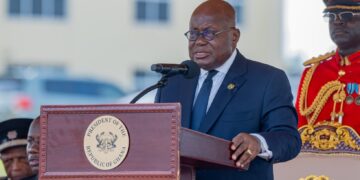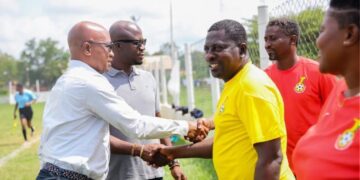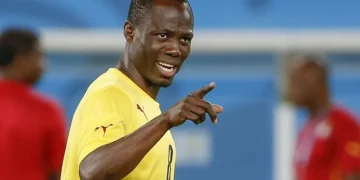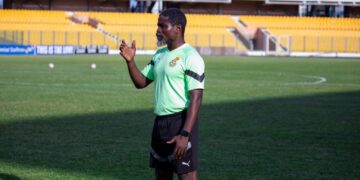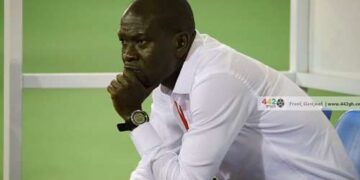The state institutions involved in the case of Cecilia Abena Dapaah have their powers and limitations, according to Mr Sam Okudzeto of the Council of State. The Attorney General’s office advised EOCO not to investigate money laundering in Cecilia Dapaah’s dealings since OSP did not submit its collaborative report and has not responded to EOCO’s request. The docket presented to EOCO only includes the OSP’s letter transmitting the docket and other letters written by OSP to other institutions.
After conducting a thorough investigation, the Office of the Special Prosecutor (OSP) did not find any evidence of corruption or corruption-related crimes against Cecilia Dapaah. However, the Attorney General’s office affirmed that the key to pursuing money laundering investigations is the ability to prove that financial gains were obtained from criminal proceeds arising from unlawful activities.
Since no criminality was associated with the properties that were retrieved from the suspects, the OSP’s referral to EOCO for investigations into money laundering lacked any basis.
The Attorney General advised against EOCO investigating the source of Cecilia Dapaah’s funds because the CID had already been tasked with that aspect of the case. The Attorney General stated that EOCO does not need to commence investigations regarding the source of the money found in the suspects’ homes since the Police Service, who are already investigating other aspects of the case, had been instructed to investigate the sources of the huge sums of money found in the suspects’ homes. The Attorney General’s letter to the Director-General of the CID, dated 31st July 2023, was found in the OSP’s docket marked as B1.

The Special Prosecutor’s Office had requested EOCO to investigate a case involving over 1 million dollars found in the former minister’s house, among other issues. However, the OSP docket on the subject matter is returned as it was determined that the case did not fall under its mandate although it suspected possible money laundering.
When asked why the Attorney-General would advise EOCO not to act on the case, Mr Sam Okudzeto stated in an interview with TV3’s Beatrice Adu on Tuesday, May 7 that “Each institution has its power and its limitations, what they can do and what they cannot do.” He also mentioned that he is a member of the Council of State and if someone complains to him, the Council will call the A-G and ask him for an explanation on the issue.
Mr Sam Okudzeto further criticized some lawyers for their commentaries on the case of Cecilia Abena Dapaah. In his view, some of the lawyers are running commentaries on the matter when they do not understand the issue properly.
When his attention was drawn to the fact that a lawyer has threatened to sue over the Cecilia Dapaah matter, “The law profession is full of so many people, there are hotheads who don’t even understand the law, they will not even take the trouble to discuss with their colleagues to find out what it is and then they jump and ask for publicity and you the press carry it, that is what the problem is.
“Have you noticed that many people rush to the Supreme Court for help, but they end up being rejected? That’s because law is not like mathematics where you can just add two numbers and get the answer. Law is complex, and it requires a lot of skills such as acumen, knowledge, research, and the ability to converse and discuss with others. That’s why we have law chambers because we have different kinds of lawyers who can work together to discuss and analyze an issue. One person may think that they are right, but a younger person may ask a question that reveals a new perspective, and this can change everything.”

